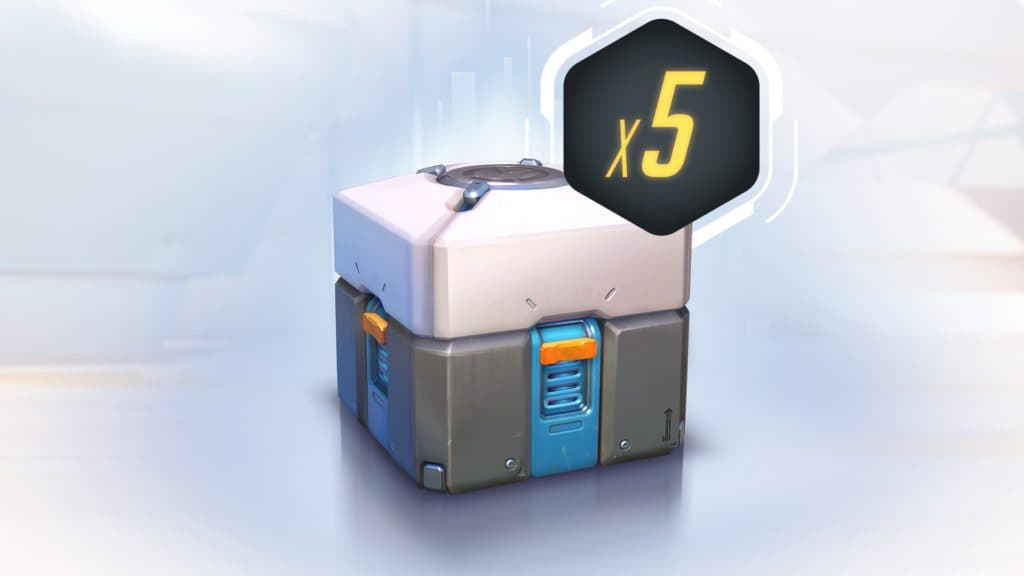Will Brazil join the growing list of countries seeking looking to ban loot boxes? The Children’s Association wants a ban on sale of lootboxes in addition to severe penalties on game companies.
The public prosecutor’s office in Brazil has accepted a request for civil action by the National Association of Centers for the Defense of Children and Adolescents (ANCED) against loot boxes, according to a report by TheEnemy. ANCED had filed seven lawsuits seeking a ban on sale of lootboxes in the country.
The ANCED request cites gaming companies including Activision, Electronic Arts, Garena, Nintendo, Riot Games, Ubisoft, Konami, Valve and Tencent. The process also names Microsoft, Sony, Apple and Google that sell and host these games on their platforms. Gambling is illegal in Brazil.
Similar to gambling?

Brazilian website, TheEnemy has access to the opening proceedings against Garena, the publisher of the popular mobile game Free Fire. ANCED has requested the ban on loot box sales ‘until further definition of its use by children and adolescents.’
[...] The present action and the other six associated with it by determination of this Judgment [...] are an opportunity for the Justice system to address the issue, with the possibility of inaugurating measures that can expand the protection of children, adolescents and families, especially considering that hobby or leisure activities aimed at children and adolescents should not only have a pedagogical character and contribute to their full development but also preserve their physical, mental and moral integrity.
The proceedings also seek compensation of R$ 1.5 billion against the company and a daily penalty of R$ 4 million. This amount is in addition to moral compensation demand of R$ 1,000 for each child or adolescent user.
"[...]The Public Ministry agreed to with our request, recognizing the illegality of loot boxes agreeing that they should be suspended. It is now up to the judiciary to decide."
ANCED argues that lootboxes are a gambling product, comparing them to mechanisms used in roulette games and casino products. Lootboxes also feature audio-visual cues on opening that provide a rewarding feeling to users. Young children and adolescents, the primary target of loot boxes, are vulnerable to these techniques normally seen in gambling slot machines.
Global action against loot boxes
In 2020, the UK House of Lords published a report about the harmful effects of loot boxes, comparing it to gambling.
‘[Children use lootboxes] without the protection of regulation, and it is because regulators do not recognize their value that parents do not consider their risk’
Lootboxes are currently illegal in Belgium and Netherlands. Several other countries such as UK, USA, Germany have also initiated studies on loot boxes and gambling. A 2019 University of Yolk research found 71% of the top games on Steam used loot boxes.
Stay tuned to Esports.gg for the latest esports news and updates.